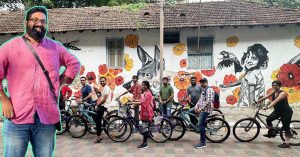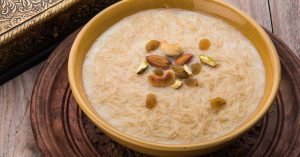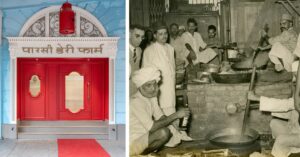When Savitribai Phule & Her Son Gave Their Lives to Save Bubonic Plague Victims
Savitribai’s role in pioneering girls’ education in India is legendary. But few know that she and her son sacrificed their lives while combating the bubonic plague epidemic in Bombay and Poona of in 1896-97. #ForgottenHeroes #history
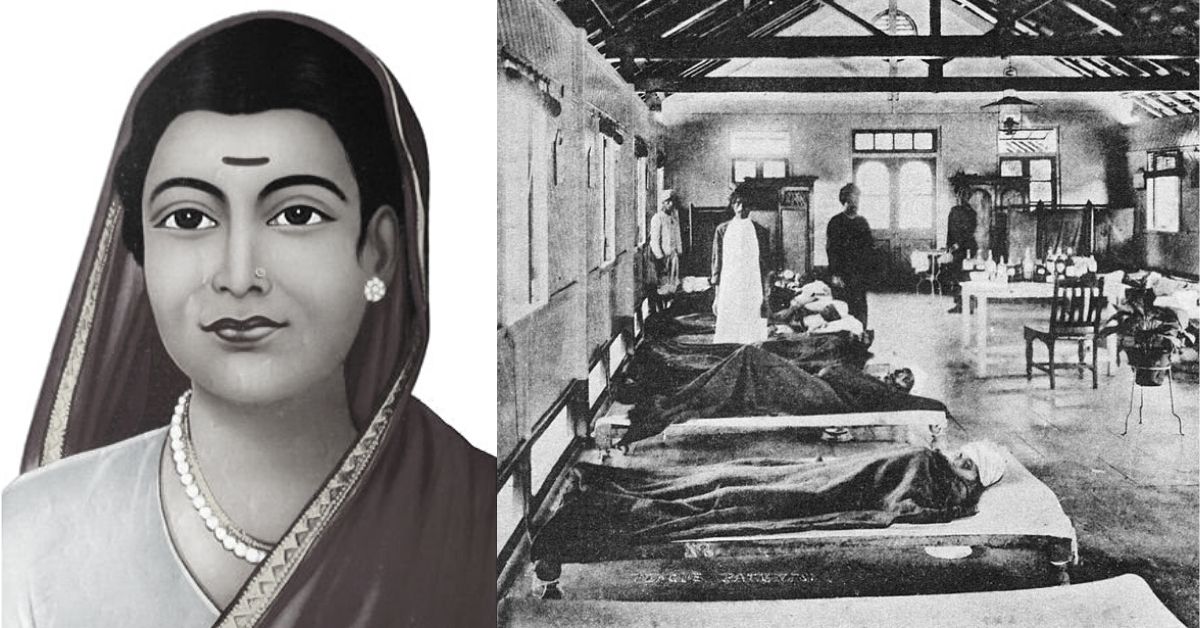
As we live quarantined in the safety of our homes, there are dedicated doctors out there who are working tirelessly towards saving lives while putting their own at risk. In this pandemic that has rendered us helpless, it is the tales of courage that keep us going and fan the flames of hope.
This is not the first time that a pandemic has hit India. The Bubonic plague, also commonly known as the ‘Black Death’, has been one of the most devastating pandemics historically. The plague broke out in phases across the world and for several hundred years, the cause of the plague was a mystery.
Between 1896-97, India too was badly hit by the deadly disease. Throughout the course of that one year, estimates say that about 1,900 people succumbed to the disease every week. Considering these statistics, it’s safe to say we are currently in a much better position with scientists working in labs to find a cure.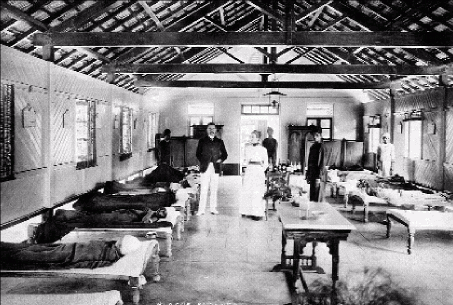
What, however, we must take as inspiration is the story of well known social reformer Savitribai Phule and her son, Dr. Yashwantrao Phule, who lost their lives serving plague patients.
An anecdote mentions how Savitribai carried a 10-year-old boy from Mahar settlement in Mundhwa to her son’s clinic in Pune’s outskirts. Although the little boy survived, Savitribai caught the infection and succumbed to it on 10 March 1897 at the age of 66.
Caste, Plague and the Phules
Savitribai is a known figure in the history of India’s notable social movements. She was a paragon for women’s rights and has been often regarded as the mother of Indian feminism. A proficient Marathi writer, she also promoted education highly evident in her body of work.
However, what is lesser known is the fact that in matters of the caste system, she did not shirk to display her disapproval.
She played a pivotal role as an activist for the ideals of Satyashodak Samaj, a social reform society, launched by her husband Jyotirao Phule in 1873. In fact, her adopted son Dr. Yashwantrao’s birth mother, Kashibai, was sheltered by the couple from conservative Brahmins in Pune who tried to kill her when she became a widow. They rescued Kashibai who was pregnant at the time and adopted Yashwantrao in 1874.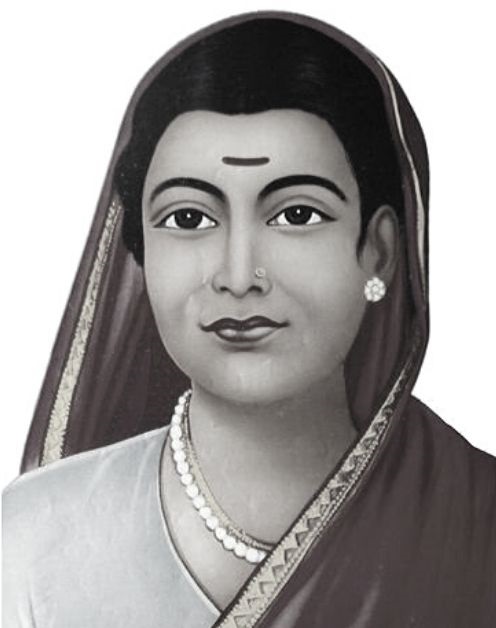
When the plague broke out in India, the caste system was highly prevalent. Since India was colonised at the time, the British had made it compulsory for doctors to treat patients without any caste-based discrimination. A lot of Brahmins at the time actually refrained from being trained as doctors as they were unwilling to treat patients belonging to the Shudra and the Dalit communities.
Being fully aware of the social context of those times, Savitribai urged her adopted son Yashwantrao, who was a doctor, to start a clinic in Pune that would treat patients irrespective of their caste.
The clinic was opened away from areas where the infection had broken out. This was so that they could contain the spread while also helping the patients recover. It was during this period of service that Savitribai lost her life.
Her son Yashwantrao Phule survived the plague that year and went to serve the army only to return to Pune in 1905. The reason for his return was because the epidemic broke out on a larger scale for a second time. While treating patients, he caught the plague and eventually lost his life on 13 October 1905.
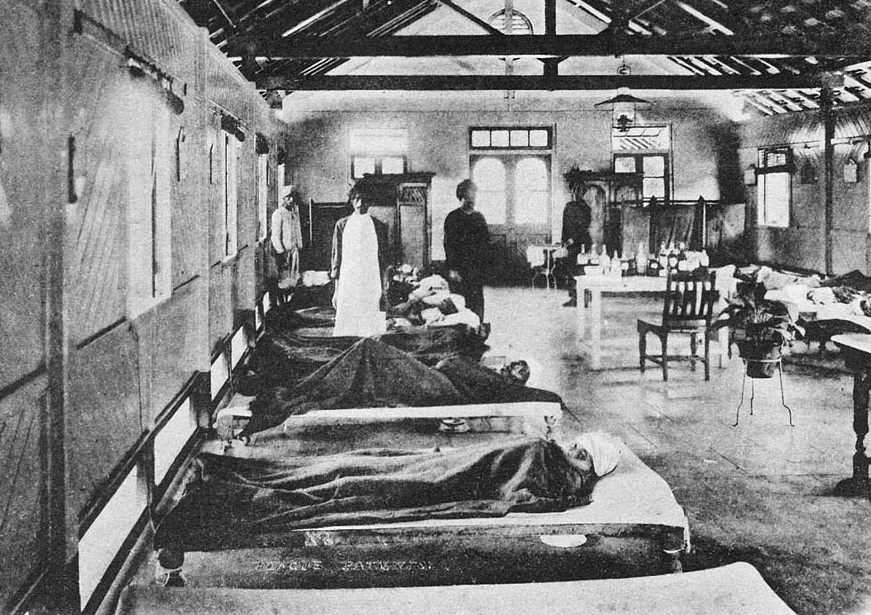
A lot of doctors did not want to treat patients on the basis of caste. The sacrifice of the Phules is not just important because they put themselves on the path of adversity. Their contribution in bettering the lives of people is even more commendable because they ignored the caste dynamics at play in those times and did what they felt was the right thing to do.
Things have changed a lot now. We live in times where we have the tools to protect ourselves from infections but the lesson we can learn from the Phules is to do our best within our capacity. In these trying times, it is the small acts of kindness that make a big difference.
Also Read: The Goan Doctor Who Risked His Life to Treat 18,000 Mumbaikars From Bubonic Plague
(Edited by Saiqua Sultan)
Like this story? Or have something to share?
Write to us: [email protected]
Connect with us on Facebook and Twitter.
This story made me
- 97
- 121
- 89
- 167
Tell Us More
We bring stories straight from the heart of India, to inspire millions and create a wave of impact. Our positive movement is growing bigger everyday, and we would love for you to join it.
Please contribute whatever you can, every little penny helps our team in bringing you more stories that support dreams and spread hope.






